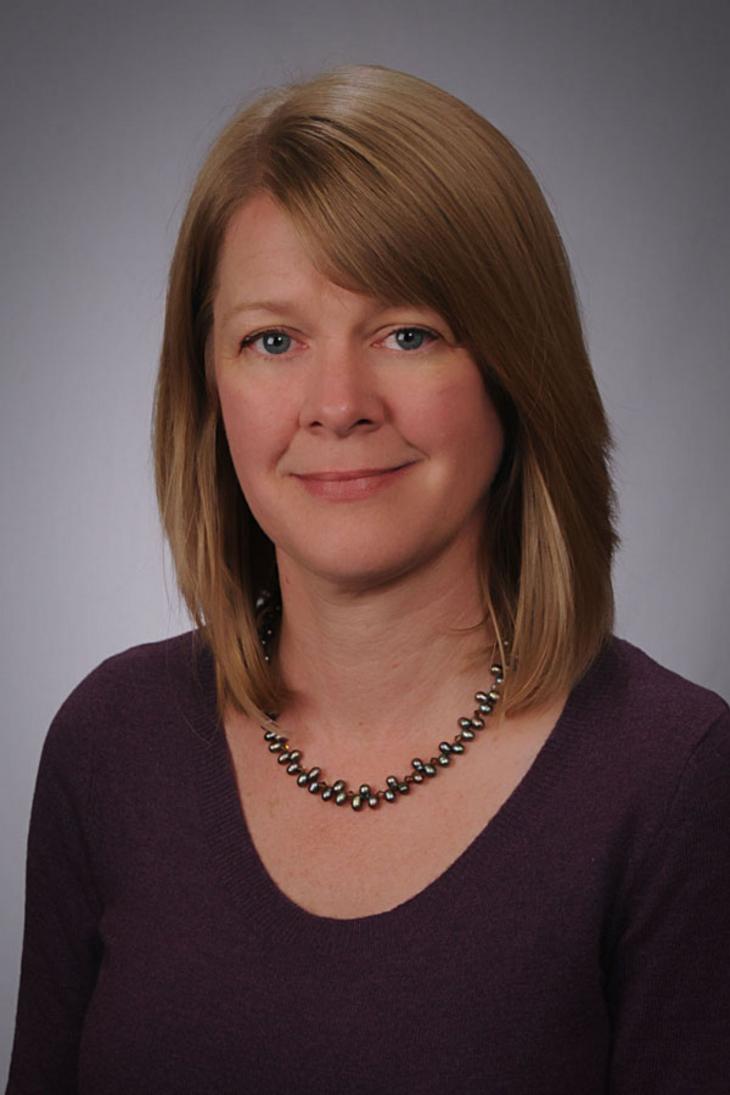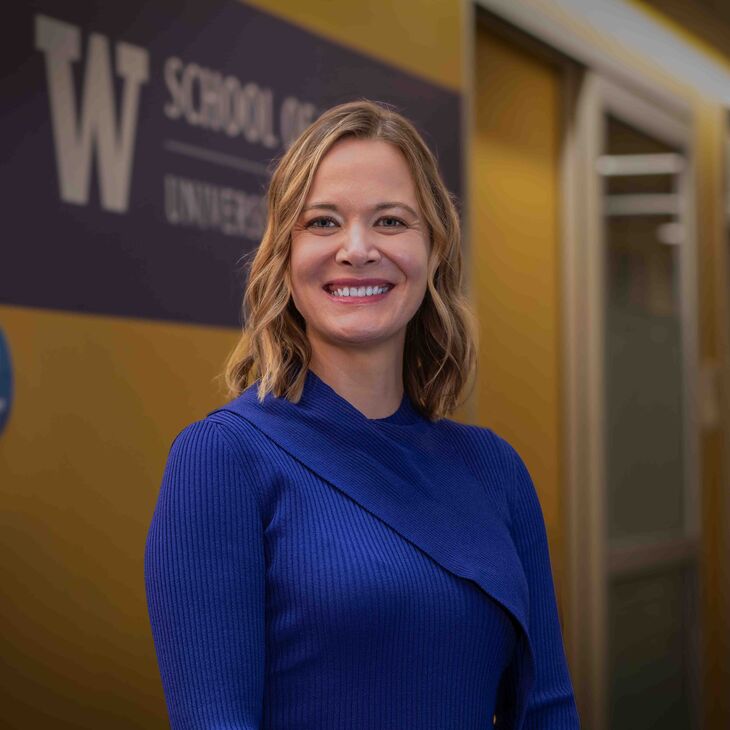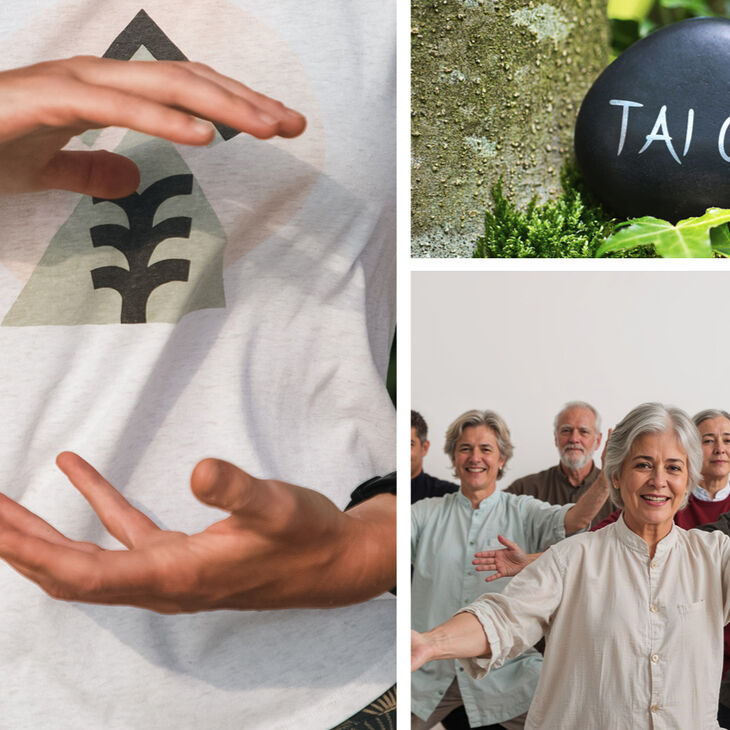Jodi Ford

Research Interests
Dr. Jodi Ford’s research focuses on the effects of adverse childhood experiences (e.g., violence, poverty, racism) on physiological stress, their linkages to youth mental health and potential social and structural avenues for intervention and prevention. Her professional life has centered on addressing inequities in health, particularly among children, adolescents and young adults. Through her program of research, she strives to promote optimal youth health and development. Dr. Ford has received external funding from the National Institutes of Health and the Robert Wood Johnson Foundation to conduct her research. As a faculty member in the College of Nursing, she teaches graduate level courses on the biopsychosocial determinants of health and secondary data analysis, and mentors students at all levels.
Dr. Ford started her career as a nurse in the neonatal intensive care unit, then worked as a pediatric nurse practitioner in primary care after completing her master’s degree. Her clinical experiences informed her program of research as she observed firsthand how exposure to adversity, including poverty, violence, racism and discrimination, negatively affected the health and well-being of children and their families. Dr. Ford earned her PhD in public health from the University of South Florida and her MS and BSN from the University of Florida.
Media Reports:
-
HEAL Prevention Cooperative Podcast Series: Women Leading Prevention Science: Engaging Youth Experiencing Homelessness.
heal.nih.gov/news/events/podcast-women-leading-prevention-science#youth
News
College leads Ohio and Big Ten in federal research support
New rankings measuring National Institutes of Health (NIH) grant funding among schools of nursing nationwide show that The Ohio State University College of Nursing has risen to No. 6 in the nation and No. 1 among Ohio schools of nursing for fiscal year 2025, reinforcing its position as a national leader in nursing research.
Discover 5 reasons why becoming a nursing educator may be the next step in your career and how to make it a reality.


